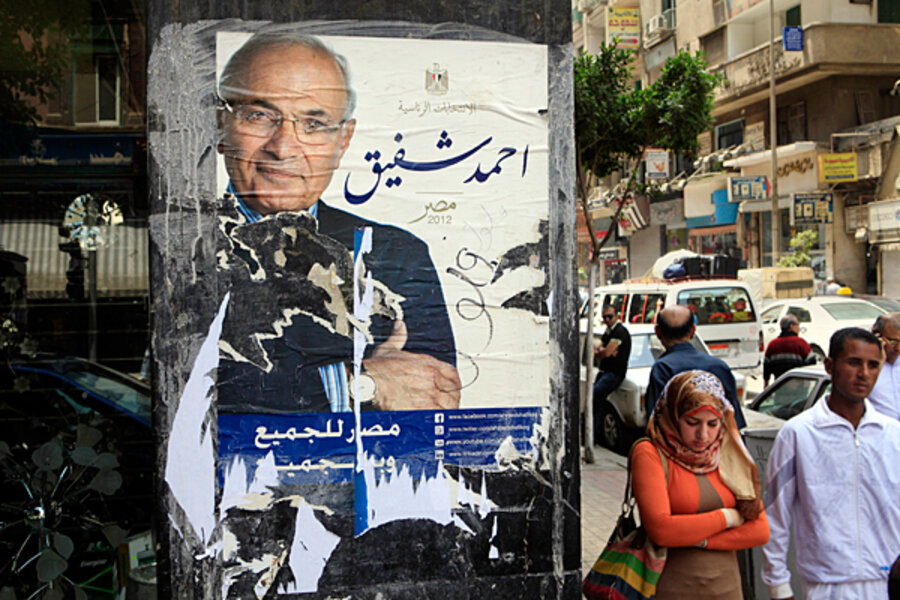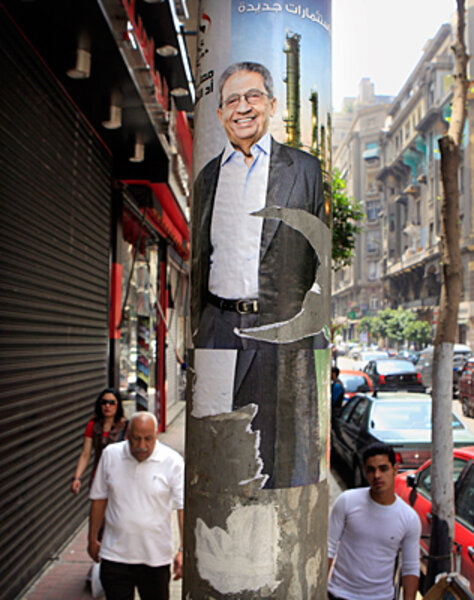Concerns ahead for Egypt's election monitoring
Loading...
Egypt's presidential election looms, notwithstanding fighting in Cairo today and a distinct lack of trust in the country's political institutions.
While the upheaval has led to some speculation that the vote, scheduled to start May 23, may be delayed, the smart money is on the election going ahead, barring a major new crisis (there was plenty of speculation that the parliamentary election would be delayed last December, but that vote went ahead as scheduled).
So it's worth taking a look at how these elections – the first chance for Egyptians to freely choose their leader in generations – are going to be conducted. How well will they be monitored, and will monitoring make a difference?
On that score, the rules for foreign monitors are less than ideal. The rules as set out by the Presidential Election Committee (PEC), which was appointed in a March 23 decree by the military junta that has run Egypt since Hosni Mubarak was ousted in Febuary 2011, do create concerns about monitoring and transparency ahead of the most important Egyptian election for decades.
The decree says foreign monitors will be allowed, as long as they are accredited by the PEC. But three weeks ahead of the election, accreditations have not been issued. Today is the deadline for applications, and May 7 is the deadline for approval or denial, which will be decided on by the Interior Ministry, the Foreign Ministry and Egypt's National Security Agency.
The rules are restrictive – they bar Egyptians from working with foreign groups as monitors, which increases costs and decreases the pool of people available with the language skills and local experience to be effective.
Egypt's ruling generals also appear interested in controlling the flow of information. Article 8 of the decree says that complaints of irregularities should be funneled through the PEC to handle as it seems fit, and Article 10 seeks to prevent monitors "from making any statement to the media." Article 11 requires reports written by monitoring groups after the election to include the PEC's "official response" to their findings. Article 12 allows for the PEC to cancel the accreditation for a foreign group if it "appears" that the group itself is responsible for the violations it reports and states specifically that existing laws governing elections, including jail time, may be applied if a monitor is deemed to have caused a violation.
Now, on the one hand it seems reasonable to hold monitors responsible if they, say, are found to be stuffing ballot boxes. But on the other, Egypt's legal processes are heavily politicized, particularly at the moment, as the efforts to prosecute members of a group of foreign NGOs earlier this year demonstrated all too well.
Monitors, if approved, will walk with care.









